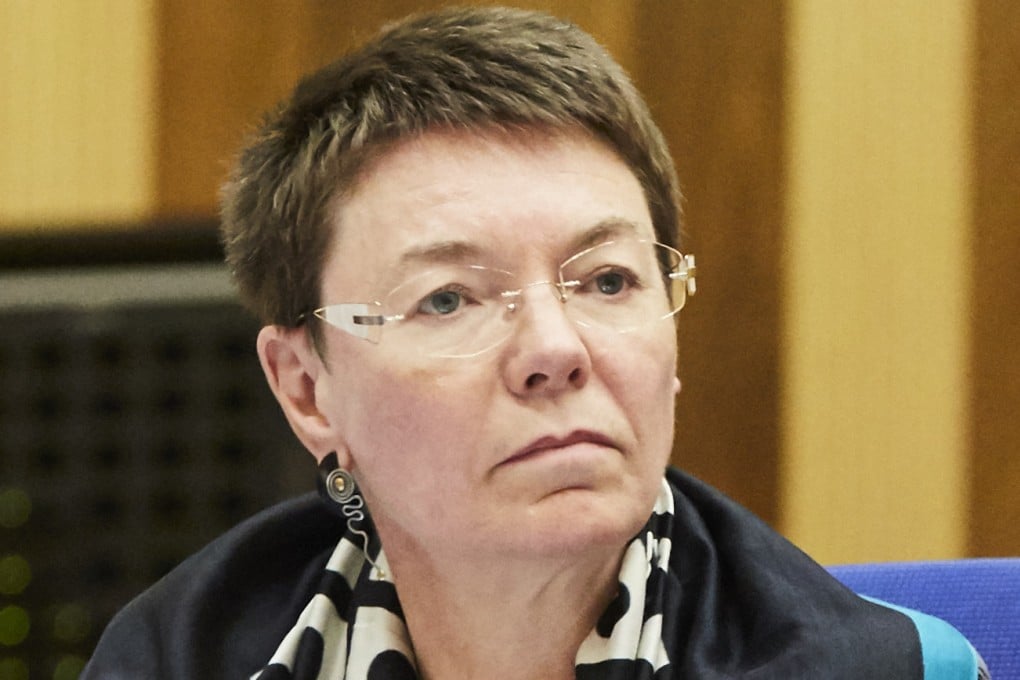Germany’s new China envoy has strong words on geopolitical tensions as she settles in
- Decoupling with China is ‘clearly not what we want’, German ambassador Patricia Flor says after two months on the job in Beijing
- In addition to China’s zero-Covid policy, Flor was critical of additional challenges that face foreign firms looking to engage in China’s trade or investment opportunities

Beijing’s zero-Covid policy and inward-looking development tactics are among the primary challenges facing the global economy, along with the worldwide rise of geopolitical tensions, according to the new German envoy to China.
In her first public on-site speech in Beijing on Friday, German ambassador Patricia Flor also raised concerns over the rising tensions across the Taiwan Strait, and she criticised China’s “unfair” practices for foreign businesses.
But nonetheless, she said that decoupling from China is not an option.
“Today, while the world is opening up and connecting again after more than two long years, China is still isolating. And the adverse effects are enormous,” she said, pointing to the size of the world’s second-largest economy.
Flor also criticised Chinese policies that keep barriers in place for foreign companies looking to engage in trade or investment opportunities.